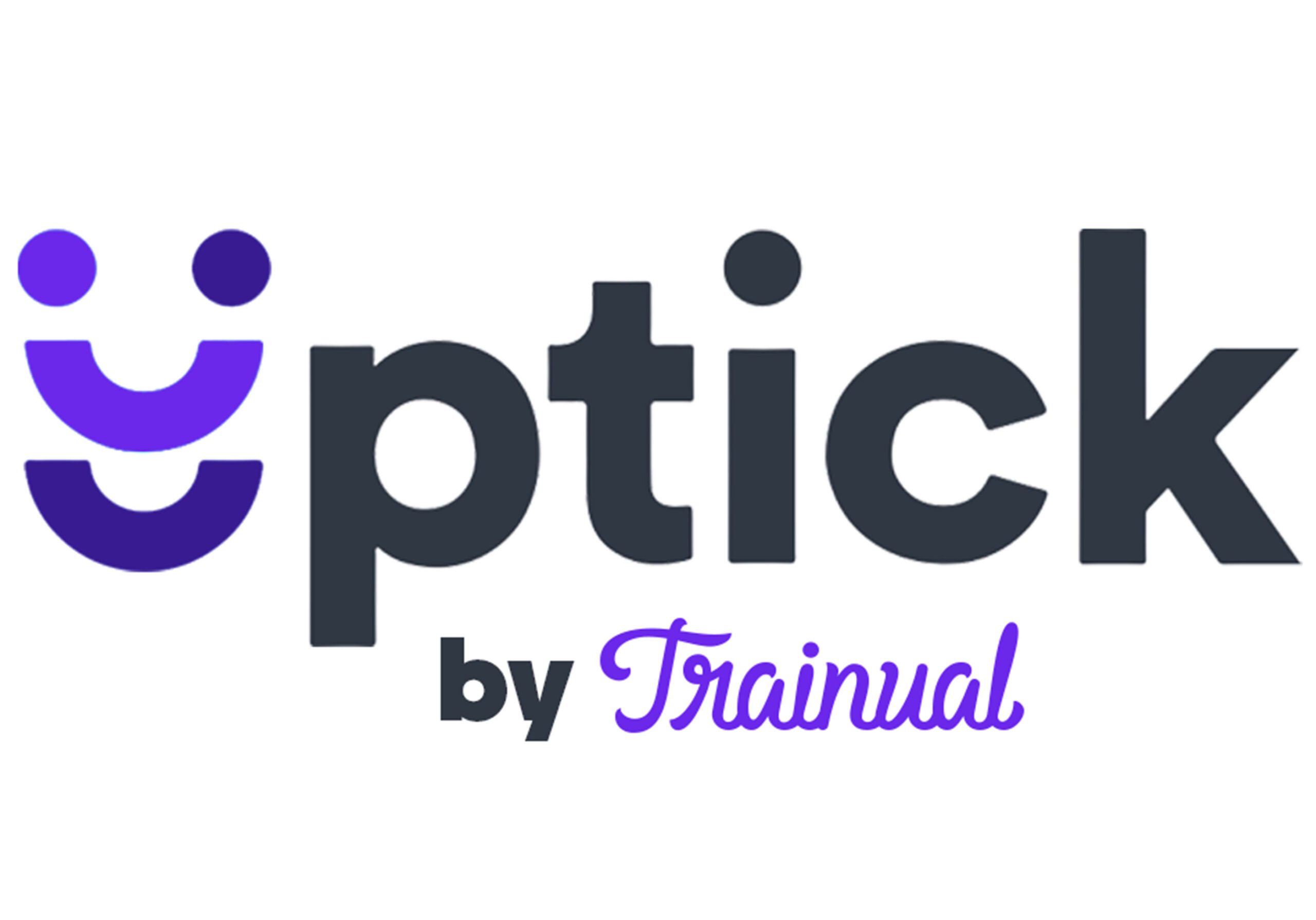TLDR? You can listen to a summary of the post on our recent podcast, but for more detail, keep reading!
What would it be like if we asked our team members, or our managers, the questions we REALLY want to ask? And what if they could think about the answers before answering them? In other words, what if we could ask the questions we would never (or perhaps could never) ask?
We live in an interesting world. Anonymous people write horrible things to other people. They say things they wouldn’t dare to say in a face to face conversation, but under the cover of an avatar and an alias they rant and rage with virtually no consequence to their personal reputation (or bodily safety!). This is the negative side of the technological capabilities we have.

But there is also a positive side.
While technology can make the world a cold and scary place, there are certain things, ironically, that make our lives a little more human. Let me explain:
One of my favorite features in Uptick is something called “Decks”. This is how we represent Decks on our website:
- Decks are collections of questions that are organized by topic, and curated by Uptick. Each time you meet, Uptick automatically shuffles in a new question from the Deck you’ve chosen. Having new, thought provoking questions each week keeps the conversation relevant and fresh. And instead of spending your time brainstorming different questions or manually updating your one-on-ones, you can focus on what really matters: having a great conversation with your team member.
Wanna build trust with your team by having REAL conversations? Start with the right questions.
Download our FREE guide to 35+ great 1:1 questions!
So each week Decks will produce a new question for your one-on-one. It sounds pretty cool, but perhaps not revolutionary, right? Well, the fact that you can simply add a deck and the technology will add fresh, thought provoking questions automatically is more than cool. It does something I rarely did – maintain my one-on-ones so they’re meaningful.
Earlier this month I asked a woman using Uptick if she understood how to use Decks. Her response?
I do understand Decks, and I think the questions are amazing. The conversations that come from them are the type that would NEVER happen. How can you just randomly ask someone if there is a gap in the department, or does that team member have any obstacle that are challenging them from doing a great job, or how did that team member ever end up in this position?
Whoever came up with this idea is brilliant, and obviously had a lot of underlying needs to talk about their job/career but never really knew how to approach those subjects. Way to go!!

As you can imagine I could not have been more ecstatic about her response! That is EXACTLY why we built Decks, and it speaks to our passion to improve relationships between managers and their teams, ultimately making work a GREAT place to be!
Whether or not you use Uptick to facilitate your one-on-ones, here are some tips to have exactly the kind of conversations that will have a transformational impact on your team.
Start with regular meetings
You might be asking. “What does that have to do with asking great questions?” Glad you asked! It’s been my experience that one of the most important prerequisites for having great conversations is familiarity and proximity. Sure, you might get someone to open up if you’re meeting once a quarter, but often those conversations are simply opportunities for a team member to vent about things they have pent up over time. This is NOT the kind of transparency you are looking for.
By having regular meetings, you are slowly building the relationship. Over time, as you et to know each other, your questions can be more specific, even a little risky, because the trust you’ve built in your relationship will support it.
If you’re a manager, you might not remember the stress you felt when you first started meeting with a new manager. I do, and it was real. So take your time, have regular meetings and ask questions at the pace you relationship can support.
Prepare some questions in advance, and share them
Some people like answering questions on the fly. I happen to be one of those people. So it was a surprise to me as a new manager when my teammates looked flustered when I dug in with a tough question they had never heard. They didn’t want to be ambushed or surprised. They wanted to give a thoughtful answer, which was very hard to do when put “on the spot”.
Whether you use a tool like Uptick, or something like Google Sheets, Evernote or OneNote, you should be thoughtful about the questions you’re asking. Put yourself in the shoes of your team member. What would YOU be comfortable answering. Then, share the questions with them in advance of the meeting so they have the opportunity to craft their response, not just blurt it out.
Wanna build trust with your team by having REAL conversations? Start with the right questions.
Download our FREE guide to 35+ great 1:1 questions!
Move away from simple “status-y” questions
If you’re not intentional your regular meetings will devolve into status meetings. “I have accomplished this thing on this project and am planning to do this thing next.” Sounds like an important, exciting meeting, right?
It’s not that status is not important. On the contrary, I would argue that without clarifying the work you’ll never get to the meatier stuff. That said, most status updates can be handled by email, Slack, Teams, etc.
Try to put together questions that will elicit deeper conversations. Consider open ended questions that require some thought and insight. These are just the tip of the iceberg of course, but here are some examples from different categories:
Productivity:
- What one change would make the biggest difference in your productivity?
- What are the biggest bottlenecks or blockers keeping you from being even more productive?
- Are there specific ways that I can help you be more effective? Any obstacles I can remove?
Professional Development
- Let’s look ahead to 12 months from now. What would you like to be able to say that you’ve learned between now and then?
- How do you learn best, and what’s the best way for us to support your development?
- What are some strengths you’d like to bring to the table that are not used in your current role?
About the Team:
- How do you feel about our team’s current direction? What are your concerns as we move forward?
- Is there anyone on the team that needs something they’re not asking for?
- Who on the team has been doing a great job lately? Who do you think doesn’t get enough credit?
Mental Health (requires a strong relationship!)
- Do you feel supported if you’re unhappy at work? Why or why not?
- On a five point scale, (5 being great) how would you rate your overall well-being levels when you’re at work?
- Do you have a way to manage your stress effectively while at work? If so, how?
Be patient
Most of us would like to deepen the relationships with our teammates, and given a few tools (like the questions above), we can get a little overanxious. It’s an overused cliche, but remember that building your team is more like running a marathon than a sprint.
Some folks will dive right in and tell you their life story while others, (sometimes because they’ve been burned by previous work relationships), will be more guarded. It’s ok. Take the relationship at the pace you’re given. Build trust by asking good questions, following up with more questions, then doing whatever you commit to doing.
Over time, as you prove yourself trustworthy, you’ll get to the good stuff…the stuff that will build happier, healthier and more productive teams.



